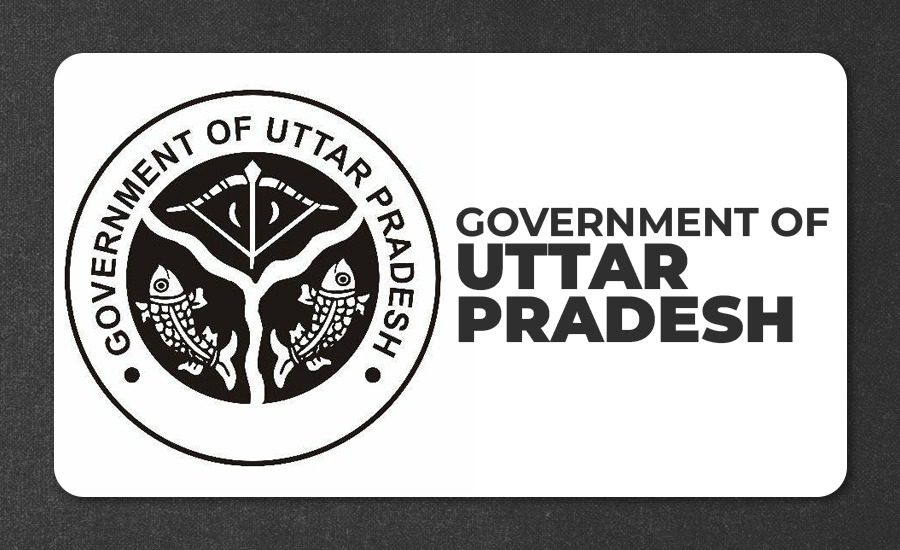The Uttar Pradesh government has announced that the UP PCS and RO-ARO (Review Officer and Assistant Review Officer) exams will be held over two days, leading to protests from candidates. Their primary concern is the use of the new “normalization” method for scoring, which they argue could unfairly affect their results. A large protest is planned in Prayagraj on 11 November.
What is the crux of the issue?
It is pertinent to mention that the UP Public Service Commission (UPPSC) is recruiting for 220 posts. The PCS prelims exam will be held on 7th and 8th December, and the RO-ARO prelims exam will take place across three shifts: 22nd and 23rd December. As many as 5.76 lakh candidates have applied for PCS, while 10.76 lakh have applied for RO-ARO.
To conduct this exam, the commission needs 1,758 centers. However, only 978 centers are now available in 41 districts, which limits the number of candidates who can appear at once. As a result, exams will be held over two days to ensure fairness.
What is Normalization?
Normalization adjusts scores when exams are held on different days or in multiple shifts with varying difficulty levels. It ensures that candidates who take harder papers aren’t disadvantaged compared to those with easier ones. The process is used to maintain fairness and is based on a statistical formula.
Why are the Candidates livid?
Candidates fear that normalization could lead to unfair results, especially if they are assigned a particularly difficult paper. However, Mr. Ashok Kumar, UPPSC Secretary, explained that holding the exams in one day for all candidates was not feasible. He pointed out that normalization is a standard practice upheld by the Supreme Court and used in other states like Kerala, Andhra Pradesh, and Telangana.
Given the large number of candidates—over 16 lakh in total—conducting the exams on a single day was impractical. The two-day structure allows the commission to accommodate everyone, and normalization ensures fairness.































